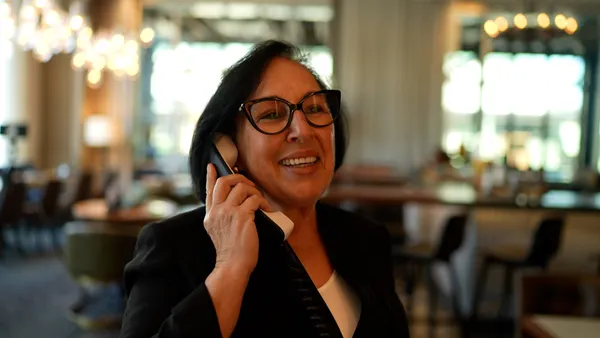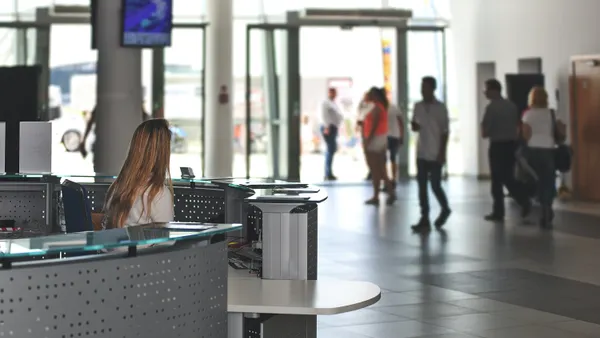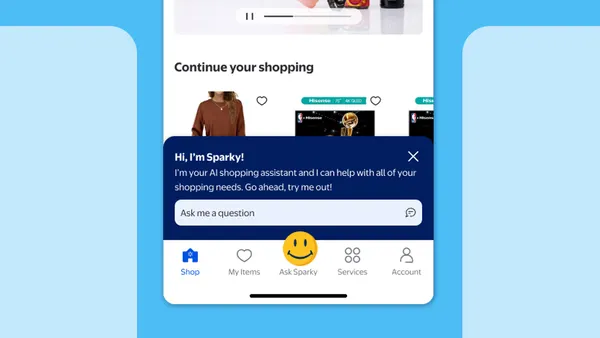Dive Brief:
- Only one-third of customers are satisfied with the state of customer service, according to a survey of 4,236 people in the U.S. and U.K. released Thursday by NICE.
- Nine in 10 consumers will pay more for good customer service, NICE found. Just over half of respondents said a positive customer service experience make them more likely to consider using a brand again.
- Happy reactions to customer service crop up frequently. The majority of consumers, 9 in 10 expressed happiness from friendly service or a quick or seamless experience. More than half reported feeling happy because they received a discount or freebie in the past month.
Dive Insight:
Good in-person service, whether from a friendly barista or a helpful retail associate, can ensure positive experiences even under difficult circumstances. Bad service can take a direct toll on a company’s bottom line.
Some shoppers will inevitably need to wait for service on busy days, according to customer experience expert and author Shep Hyken. However, if workers treat that customer with respect and care, they will still depart with a lasting positive impression.
“That doesn't mean you need to spend any more time with them,” Hyken told CX Dive. “It's the eye contact, the smile, the attitude, the appreciation that you show — that's so important.”
For instance, a customer may receive the wrong entree at a restaurant. If the server immediately recognizes the problem, apologizes and brings a replacement, the customer is more likely to see the slip-up as an honest mistake than a sign of poor service.
AI can complement customer service, particularly in the call center, but it’s not a substitute for the human element.
Two in five respondents say companies can use AI to make them happier by resolving their issues faster. However, consumers still want knowledgeable agents to help them handle any queries they find too complex for automation, according to Omer Minkara,VP of principal analyst at Aberdeen.
“It doesn’t matter how much you personalize an interaction or how many niceties you say on the phone if you don’t address your customer’s core human needs,” Minkara said in the report.














